One of the first things you’ll consider when planning your Morocco itinerary will be whether to choose public transportation or rent yourself a car. We’ve got mixed feelings reading about it online and we never drove a car in Morocco before, so we had spent a long time worrying about how we would manage to see some of the best parts of it. We were determined to make it to Sahara, as it was our second time here, and also heard great things about the scenery in the Atlas Mountains. Considering our already tight schedule, we figured our options are limited and renting a car was the only way that fits our travel style and our Morocco bucket list. We can gladly say it was the right choice. See below for the benefits along with some awesome suggestions that can make your driving experience in Morocco more pleasant.
Benefits of renting a car
– creating a flexible itinerary that doesn’t rush you, yet allows you to make changes to add or subtract destinations as you see fit
– saving a lot of time – public transportation takes way longer to destinations, has many stopovers and it’s infrequent in some parts of our itinerary
– zero hassle with luggage – just throw it in the back of the car and go
– costs-wise renting a car in Morocco is as cheap as the public-transportation
Our rental agency
When reviewing the search results for your car rental, it’s always tempting (especially if you’re on a budget) to go straight to the cheapest company available and get it booked. However, it’s essential that you spend a little longer comparing the car agencies to avoid unnecessary stress and spending a lot more money than you plan on your road trip.
Keep reading if you want to know what happened to us… After reading through TripAdvisor and Google it appeared that many things could go wrong when renting a car in Morocco, such as being rented a very old, worn-out car, and then experiencing breakage in the middle of nowhere, or being further charged upon returning the car, paperwork in foreign language and confusion over the insurance coverage (and so many more). The last two happened to us. Primarily, we had booked with Budget only to find out on arrival they’re actually trying to charge us 1,500 EUR deposit fee – even though we already paid full insurance upfront and that our booking said “no surprises”. We felt it’s a bit strange and we were also unable to understand the papers that were given to us to sign, so we searched further.
In the end, we booked on spot with Green Motion International, a green UK-based company that rents low-emission vehicles and aims to offset the carbon footprint. They’ve had the best offer we could find, but our main reason for choosing them was because we’ve previously had a good experience renting with them, plus we’ve had a greater certainty over our insurance coverage in the event that something went badly wrong – we didn’t want to depend on something being told to us on the day of the rental at the rental desk and only understood via our interpretation of French and Arabic.
Prices for booking a one-week basic package are starting from as low as £70. Our rental went smoothly, plus they are green, so we are happy to suggest them. If you want to know more about them or inquire about bookings, you can do so here (packages are available online from basic to premium plus).
Other transportation options
Having experienced driving in Morocco, renting a car is definitely our choice, but if you’re not confident you could drive or don’t want to take care of the road ahead, below are some other options for you:
HIRING A DRIVER: Some people decide on hiring a driver which is one of the pricier options from the below but still gives quite flexibility on creating your own itinerary. The inconvenience of it could be the need to always rush to the next place and the inevitable presence of somebody you don’t know on your trip.
TRAINS: Trains cover a limited network of routes, but for travel between the major cities (it links the main towns of the north, the coast and Marrakesh) they are a great option, comfortable, safe and fairly fast, but sometimes subject to delays.
BUSES: Buses are generally the cheapest, but also thirty percent slower. Before booking it is worth checking up on the legroom space, AC (especially during summer), duration, schedules (often limited to early morning or evening departures) and night options (buses are supposed to be cooler and faster at nights). The bus was a big no-no for us, as it would have meant making a lot of compromises and inevitably spending more time on the bus than out on an adventure.
GRANDS TAXIS: They are much faster than buses, and operate on a wider variety of routes, but are also one of the more pricier options from these mentioned here.
LOCAL STYLE: In more remote areas, like the Atlas Mountains, locals travel between villages in Berber camionettes (pick-up trucks), old vans or the back of trucks. Not sure how safe it is and haven’t experienced it, but if you think this could be an option for you, look into it.
OVERALL: If you’re still unsure, below are some of our tips for driving a car in Morocco, as renting can open up routes that are time-consuming or difficult on local transport. So definitely worth giving it a thought and reading through.
Your pick-up checklist
Things to check upon renting a car:
- If cleaning fee is included
- If tank is full and if they expect it full upon return
- If car is petrol or diesel (French for petrol is ‘sans plomb’ and diesel is ‘gazole’)
- If you’re given insurance
- If there’s unlimited mileage – some companies will cap the number of miles you can drive on a per-day basis or for the total rental period
- Check the damage on the car already made (paying particular attention to the hubcaps, windscreens, and bumpers outside, and any significant marks /damage or cigarette burns in any of the seats inside). In addition to taking pictures, we recommend that you also take a video, specifically pointing out scrapes, scratches, dents and dings. After all, when you don’t all speak the same language, this will go a lot longer to proving you were right, and will significantly reduce the chances of losing money when you return the rental car days or weeks later.
- Last but not least, keep the receipt and contract
General tips for driving
- By law, drivers and passengers are required to wear seat belts.
- Accident rates in Morocco are high, largely because motorists routinely ignore traffic regulations and drive aggressively and dangerously – do not expect other drivers to indicate or observe lane discipline.
- Treat all pedestrians with the suspicion that they will cross in front of you, and all cyclists with the idea that they may well swerve into the middle of the road.
- We recommend you try to keep your driving time in Marrakech to an absolute minimum – it can be a bit of a hair-raising experience and even experienced drivers may find driving here quite stressful.
- HOWEVER, the roads out of Medina in Marrakech are in great condition, in fact, some are even better than in Europe. Most of the time there’s a highway or a country road with a 90-speed limit and zero traffic. If you’re a reasonably experienced driver, you shouldn’t worry.
- Be particularly wary about driving after dark, as it is legal to drive up to 20km/h without lights, which allows all cyclists and mopeds to wander at will; donkeys, goats and sheep do not carry lights, either. This means your best bet is to leave earlier in the morning.
- Make note that the French rule of giving priority to traffic from the right is observed at roundabouts and junctions – meaning that cars coming onto a roundabout have priority over those already on it.
- We found it worth paying a few usd for a guardian or parking in a garage, as new or well-looked-after cars attract a certain level of vandalism.
- Make note that the distances are huge and what appears like a quick 20 km on the map may transpire to be much much more.
- We were actually never stopped by police in Morocco, but lastly, you should always make sure to keep all the relevant documentation for the rental car and your driving license easily accessible.
To finalize, renting a car meant we could plan our own route (you can read about it here), take the time to stop off where and when we pleased, head off the beaten track and get to know Morocco in a much more intimate way. We also didn’t have any bad experiences or bumps, scrapes or accidents over the eight days. If you read the above tips and you’re willing to be a cautious driver, you’ll be good to go.
Want to save our driving in Morocco guide for later? Click to Pin!
If you have any other questions about car renting in Morocco please leave us a comment below and we’ll be happy to answer it!


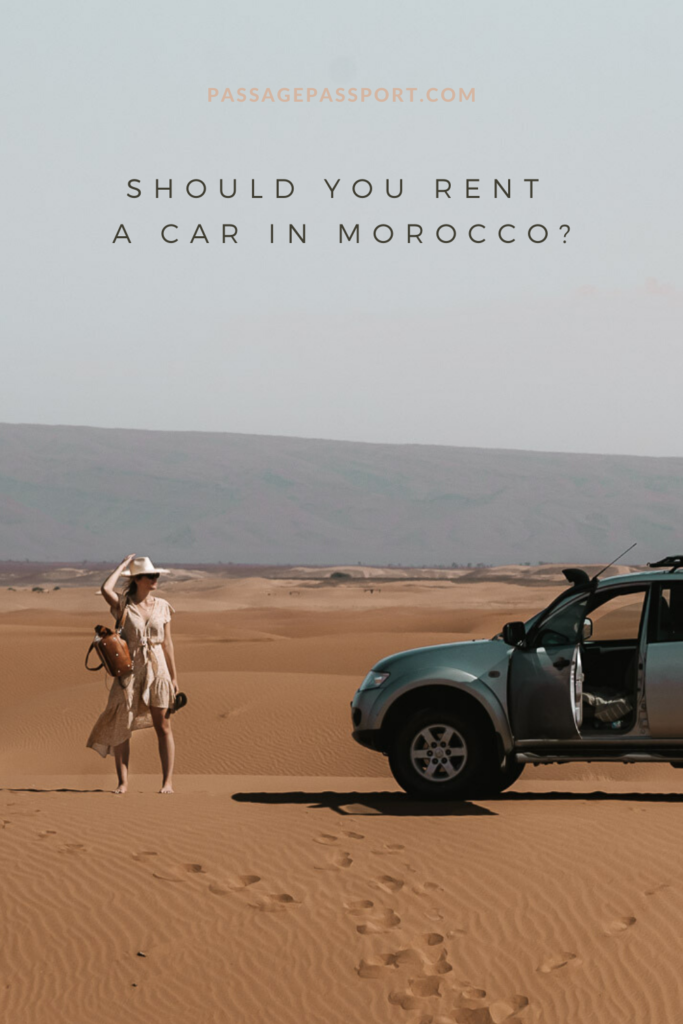

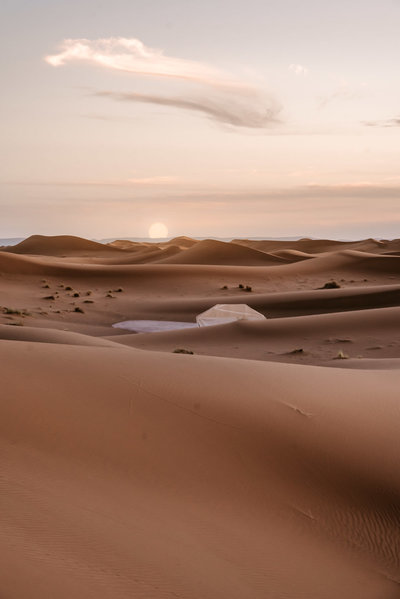
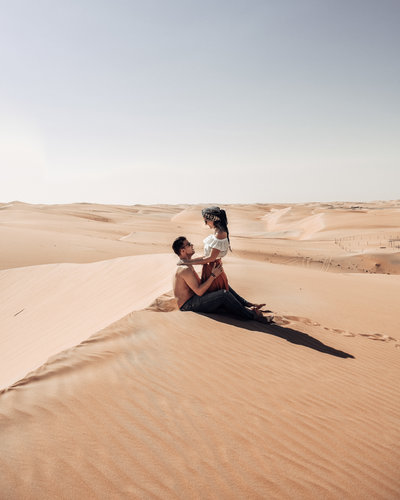
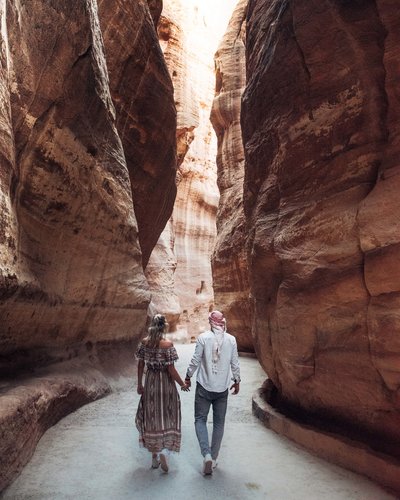
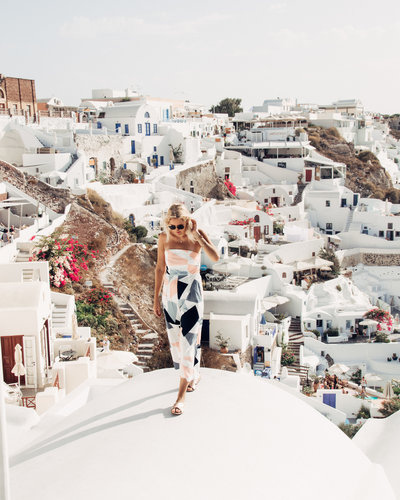

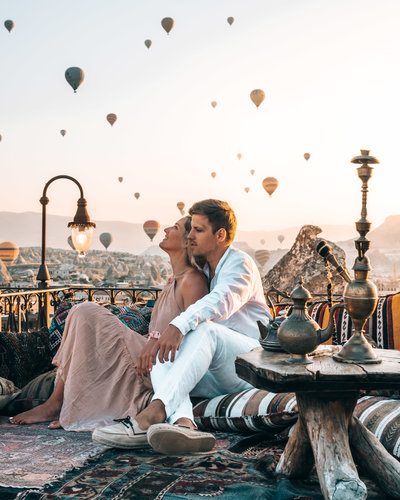
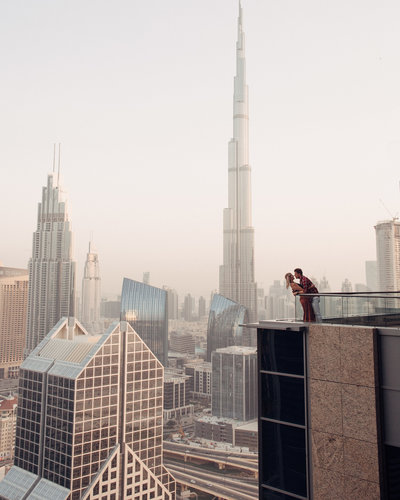

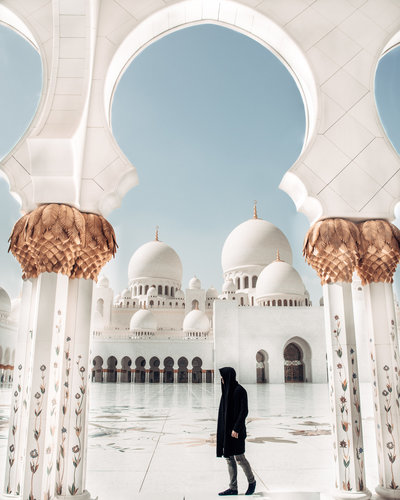


The comments +